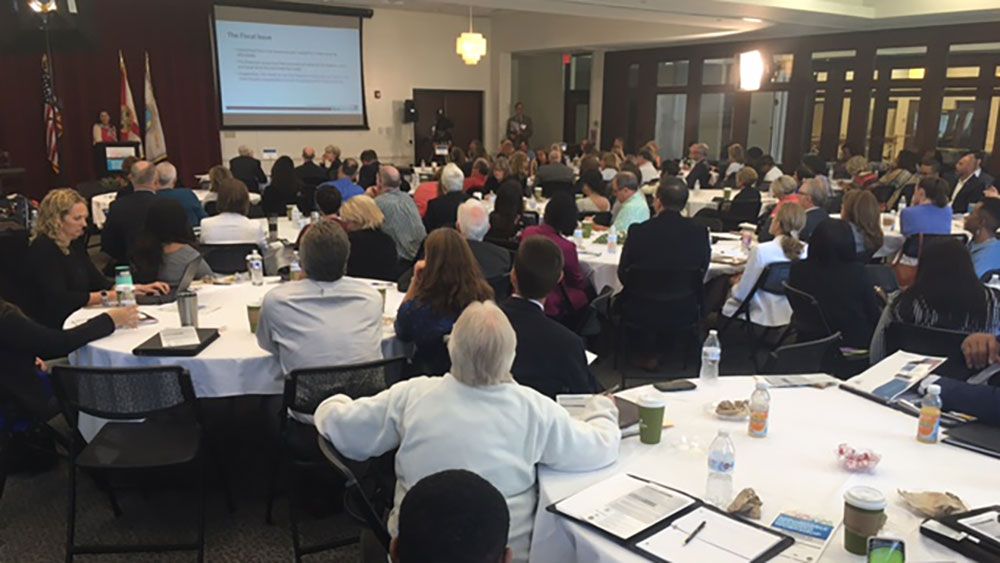It took a long time for Shawntia Benton to find a place to stay she could afford.
“It is really hard, and then you know, there’s the waiting list," she said. “I am living, working paycheck to paycheck.”
Benton dreamed of more for her four-year-old son, Daimonee, than their cramped, one-bedroom apartment along North Orange Blossom Trail.
So the single mother reached out to Habitat for Humanity and began the long process of applying for housing.
“We’re leaving with our clothes and will have a fresh new start," she said.
Benton is not alone. She's one of many who struggle to find affordable housing in a region where there’s little.
“People know it’s at a crisis level," said Alberto Vargas, Orange County Planning Manager. “Jurisdictions and governments cannot do it alone. The development community who follow the market have to be a part of the structure of that equation.”
Vargas said that is precisely why planners, non-profits, funding agencies and leaders packed the Winter Park Community Center for the third and final housing workshop Tuesday. The sessions followed the initial summit on October 20, 2016, as partners wrangled by Orange County Mayor Teresa Jacobs convened.
Vargas said the partners spent the day looking at policy solutions, financing options and incentives, all aimed at solving the problem of affordable housing in Orange, Osceola and Seminole counties.
“We want people to leave with a little more certainty that the region is being responsible," he said. An issue which Vargas emphasized affects everyone.
“They need a place to live. And they need a place they can afford to live. In order for you to have thriving jobs in the area where you live, we need to work with employment generators to address the housing," he said.
After completing the application process, Benton got the call she’d been waiting for.
“I was like oh my god, are you serious, are you sure?” she recalled, later sharing the news with her son that they’d be moving into their very own home in Apopka.
“I was like, 'Baby, Mommy’s going to get you your own one bedroom, it’s going to be a house.' He’s like, 'Really, Mommy?'" she said.
And just in time, too: Benton is due in July.
“I was in foster care, that was my first family able to put a roof over my head. Now I have a second family able to help me and my children have a house," said Benton. “It means a lot.”
In order to qualify, Benton has to do weeks of home ownership classes and put in 200 hours of volunteer work. She dreams about moving into her new home next winter.
The housing partners, meanwhile, will put out an executive summary report on May 18.




